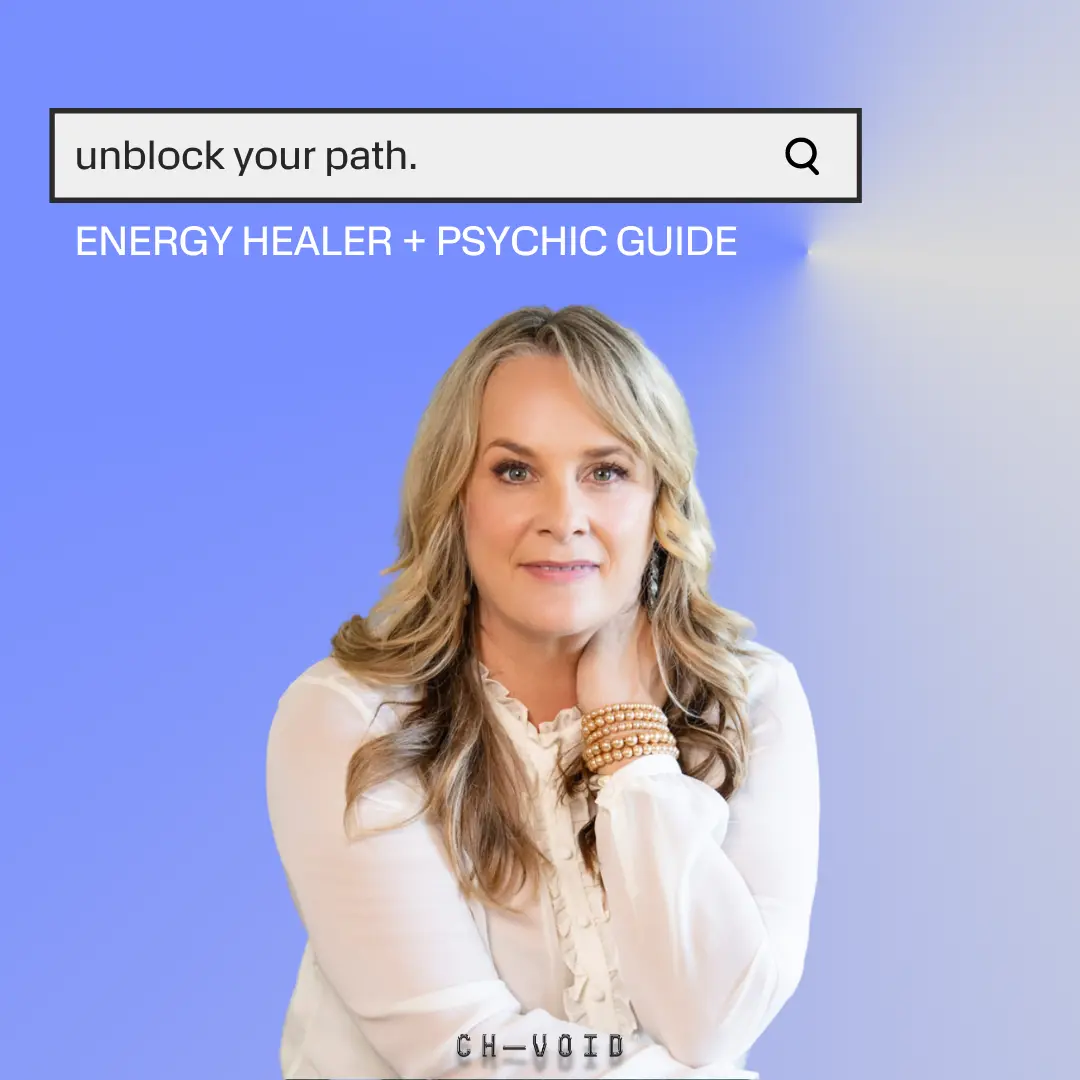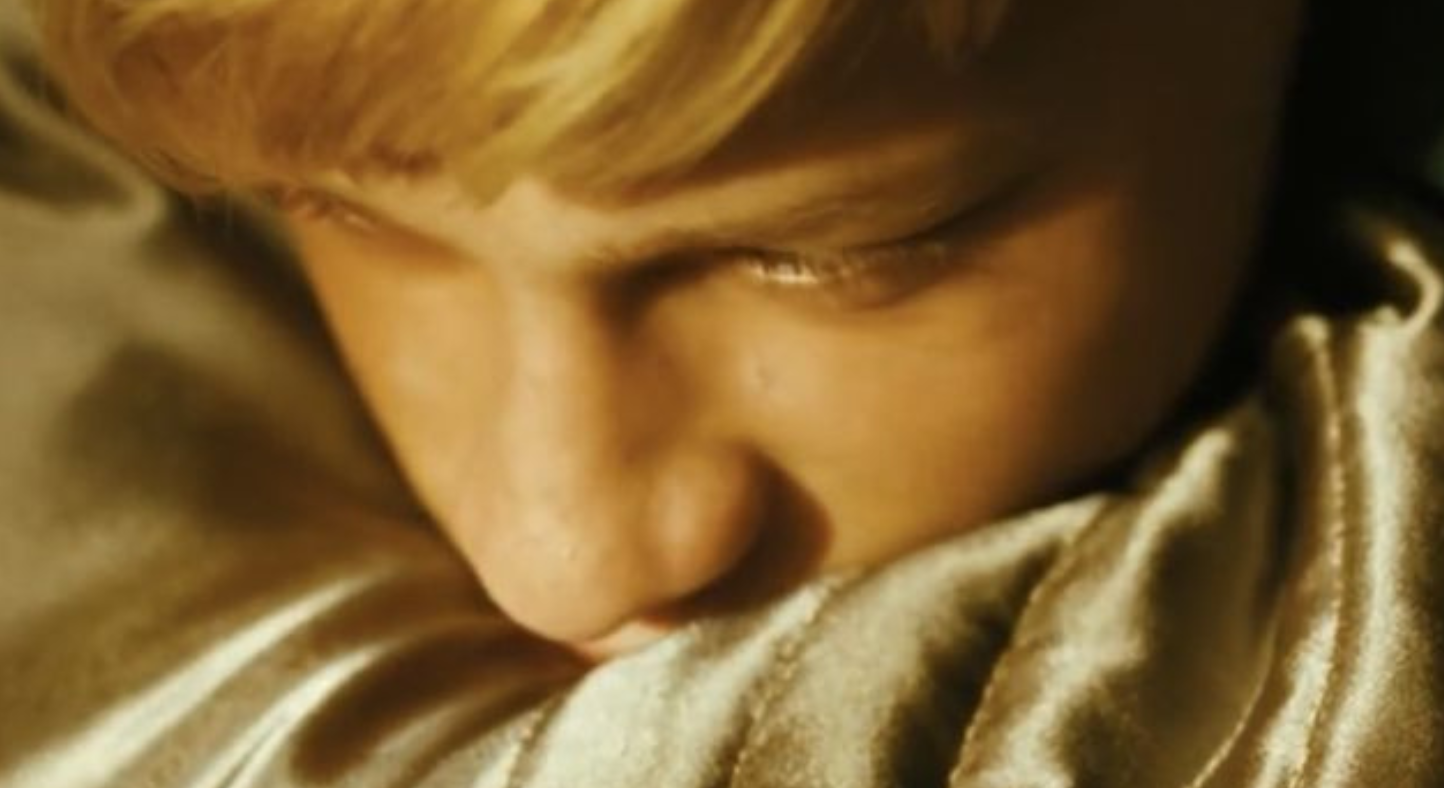Path to the past
Recognising patterns of emotional abandonment.
The uncomfortable truth: sometimes our relationships with our caregivers suck.
So many of us get stuck in destructive relationships patterns without having a clue about what the fuck is going on. Emotional neglect or rejection can be as obvious or insidious as an invisible thread hanging onto us. And it often feels even more bewildering for those who thought that their relationship with their caregiver (the person taking care of us as a child) seemed perfect. But what is perfection if you cannot be vulnerable around them? What is perfection if they are not honouring your feelings, but instead hold onto their ideal vision of you?
In psychology, emotional neglect is coined as a “relationship pattern in which an individual’s affectional needs are consistently disregarded, ignored, invalidated or unappreciated by a significant other.” Being a member of a neglectful family often feels like you are living on a different planet than them because you feel disconnected. No matter how it seems on the outside, the reality is that your needs of being nurtured and appreciated are scorned.
One way to put a finger on it is to realise that some areas of your life have been intensely disrupted. Your personal development was/is being challenged. You might find yourself dealing with hyperactivity for instance. Your self-expression can also be deeply rooted in aggressiveness and resentment. Your perception of self might be ingrained around low self-esteem, nourished by feeling unloved or unwanted.
Abandonment issues may also manifest as:
+ Giving too much or being overly eager to please
+ Jealousy in your relationship or of others
+ Trouble trusting your partner’s intentions
+ Feeling insecure about your relationship
+ Having difficulty in feeling intimate emotionally
+ Needing to control or be controlled by your partner
+ Settling in unsatisfactory relationships
Emotional neglect trauma is like a burdensome shadow.
As an empath by nature, I have seen it too many times in people’s lives. Their anger. Their sadness. Their tiredness. The feeling of being left behind. The pain is caused by not receiving what their aching heart is asking for. The pain of not being listened to. The pain of not being valued. The pain of feeling invisible.
Maybe for those of us suffering from it, this trauma will always be a part of us to some degree. But it doesn’t have to control how we connect and live day-to-day. It doesn’t have to weigh on all of our relationships – with ourselves and others.
Without analysing the areas where emotional abandonment may be holding you back, you will always be controlled by this shadow. Consider where your fear is stemming from. Why do you need to be in control? What could go wrong if you let go of this? When do you find yourself overreacting? Why? Maybe this part of yourself that is triggered only needs your attention. Maybe if you asked what it is that you are really afraid of, you might start to shed light on this shadow.
Acceptance is the first step to healing.
As shocking as it may be to discover that you are suffering from emotional abandonment, you need to face that it’s there. And no one can help you better reconcile with your traumatised self than your inner child. There are plenty of resources and professionals that can introduce you to this form of healing. It can often be as simple – and effective – as imagining a conversation with him/her/them in your head.
The first conversations I had with my inner child were very troubling, aggressive, somehow scary. The reason why I didn’t want to communicate with her was that I didn’t want to look below the surface. I didn’t want to see the scars, the pains, the fears, the perpetual self-abandonment. Eventually, coming back helped me to tame her. Daring sitting next to her, even when she didn’t want me to, helped me gain her trust. And when she started trusting me, I could ask her what she needed. And many times, no matter which shape took the answer, it was always love. That longing, that deep need for connection, has always been love. And my neglect for so many years to give it to her, was the reason behind all the pushing away and her occasional violent anger. By showing her that I could sit with our pain, I proved to her that we would always be able to rely on each other. I found a friend in her. I found a warmth in which I can always run into in times of trouble. I found someone that has infinite love for me. I found myself.





















